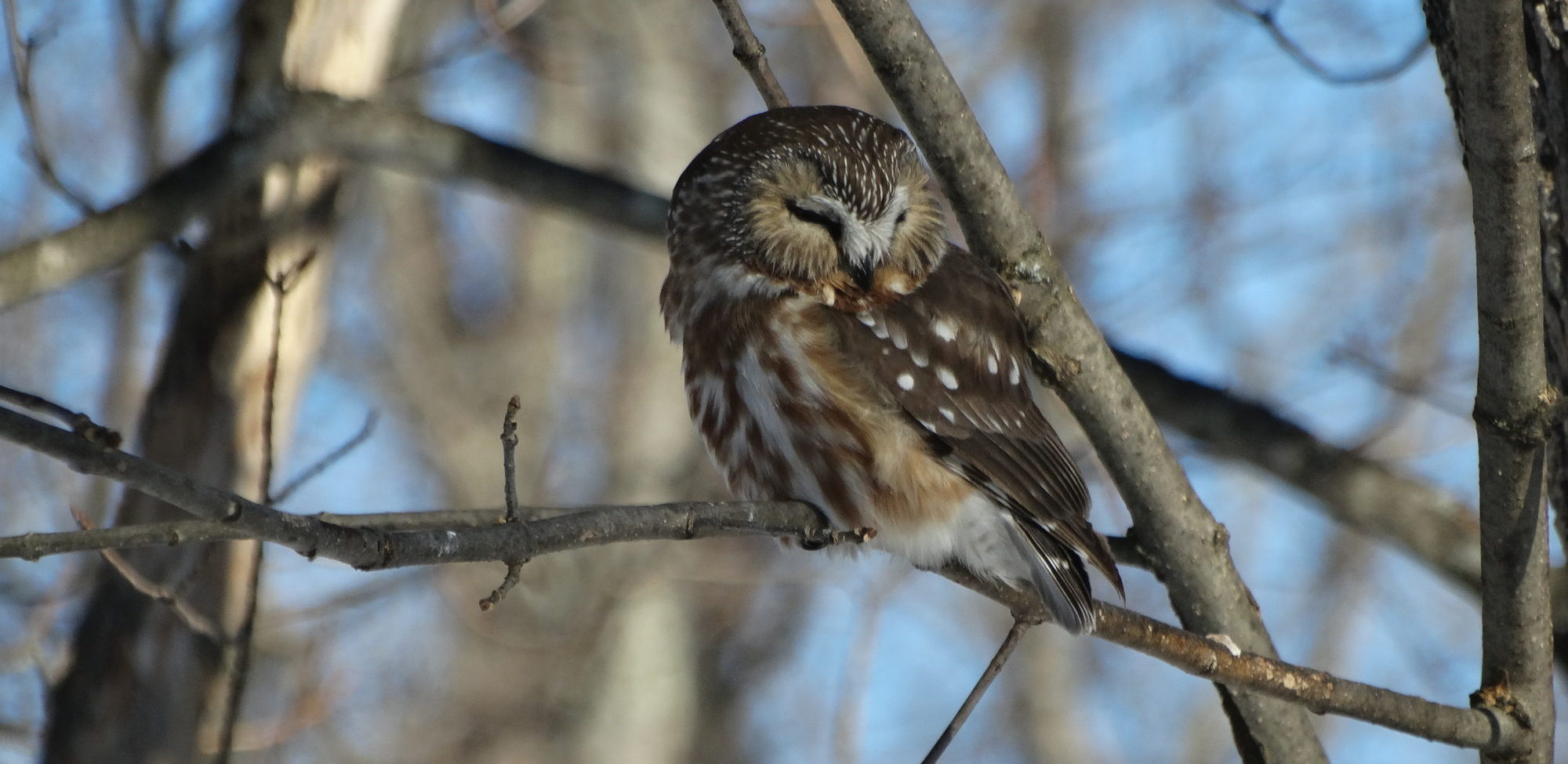This essay first appeared in Bacopa Literary Review 2018
Rabbi David Wolpe, the author of Teaching Your Children About God, says, “When a child asks a question about God, they are not coming to you as a blank slate. They already have thoughts. It’s more valuable to evoke what they think than it is to insert something and pre-empt their own thoughts.”
My wife, Shelley, was giving our son a bath when he raised a toy helicopter above his head and said, “I saw God from my helicopter.”
“What did God say?”
“I couldn’t tell. His lips were moving, but the helicopter was making too much noise.”
Jesse had been asking more God-related questions than seemed normal for a young child. “What’s God?” “Where do you go when you die?” “Does a mouse go to the same Heaven cats go to?” I wondered what provoked these questions. Winnie the Pooh didn’t discuss God with Piglet or Rabbit or Eeyore, although Eeyore probably needed God or Prozac to resolve his bleak outlook on life. These questions made me nervous, because I didn’t know the answers. Shelley had told him God was both internal and external. She told me her explanation had failed to impress him.
Jesse had been born after doctors told us that Shelley probably couldn’t have kids. So she and I believed God might have intervened then, if just to prove doctors weren’t gods. But I had wished for a tranquil, rational child and had gotten an irrational roadrunner instead. So I had some skepticism about God’s intent.
On Sundays when I was a child, my mother had driven my sister Donna and me to the Congregational church in our rural village to attend Sunday school. She left us there, bought a New York Times at the town’s one store, and drove home so my father could read the sports pages. In the church basement, Mrs. Duncan taught us that God loves little children. She said His son, Jesus, loves little children. We sang about how Jesus loves us. I didn’t understand how God and Jesus could love me. Jesus was dead, and God didn’t know who I was. Mrs. Duncan said God was everywhere and knew us all and would protect us. But I wasn’t sure whether God heard my night prayers. If He did hear me, I wasn’t sure He had the power to prevent my father from going haywire as he had while arguing with Mom, accelerating our old Pontiac to ninety miles an hour and threatening to kill us all. I hadn’t understood what God’s love meant then, and I was no wiser about it as a parent.
Many of Jesse’s questions about God and mortality occurred at bedtime in a narrow room with cracked plaster walls that were the scars of my childhood. Shelley had covered the cracks with a poster of historical locomotives, a print of a dad holding an excited child while pointing to a shooting star, a Mary Englebright print of children tending a garden, and colorful wall hangings. A mobile of the planets hung from a spackled ceiling. As I did each night, I sat beside him on his bed during the fifteen minutes that he required me to stay after our story time ended. It was ironic, I thought, that once I had been a child who prayed in this same bedroom. Initially my prayers were the normal “Now I lay me down to sleep.” Later I prayed that God might cure my father’s mental illness, that God might prevent him from killing Mom and me and my sisters in this old house with the rattling windows. I decided God was either deaf or didn’t like me. As I matured, I prayed only when I was in trouble but was never convinced of its efficacy.
I watched Jesse close his eyes and thought maybe this was a night without questions. But then he said, “Daddy, when are you going to die?”
I hated questions like that. I was afraid of death anyway. Why was this child trying to pin me down about it? I inhaled, groped for a rational answer, exhaled. “I don’t know. I hope I won’t die before I’m one hundred.”
“Maybe one hundred and nine,” he said.
Jesse had just seen a TV report about a person who died at that age. I said, “I’ll live a good long time on this earth, then I’ll die and my soul will go somewhere else…to be with God. Many people call it Heaven. And I’ll wait for you and Mom to join me there.”
“Will you die before Mom?”
“Probably, because Mom’s younger than me.”
He touched my hand and said, “I hope you and Mom die at the same time, so you won’t miss each other.”
I kissed his forehead and said our fifteen minutes was up. He said, “Just two more minutes.” He always played this trick, and I always complied. In a lifetime, what’s two more minutes.
I thought about Jesse’s death-together statement and whether a child could have expressed such unselfish love without help from God. Maybe he did see God occasionally.
Eventually Jesse began thinking about God’s role in the universe. Too young for the study of evolution, he assumed, for example, that God created ants. On a subsequent night in his bedroom, he said, “Do you think there’s ever been an ant in my bed?”
I said no.
“Do you think there are any ants upstairs?”
“No, they usually go where the food is. And that’s downstairs in the kitchen.”
“Why did God make ants anyway?”
“I don’t know.”
Jesse said, “I’m going to ask God that when I die.”
I thought about reminding him that he had seen God from his helicopter and might see Him again before he died. But I decided it was best for Jesse to track God on his own without any advice from an almost-reformed skeptic.
